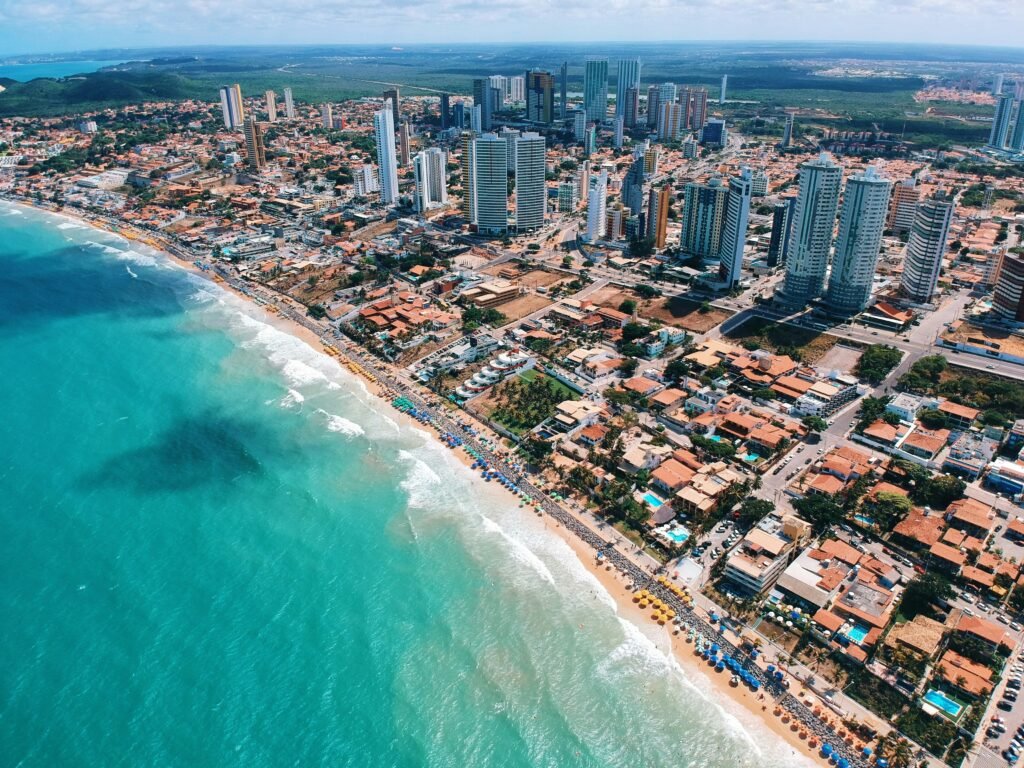Brazil is currently facing a dengue emergency, with experts warning that this outbreak could lead to a health crisis in the Americas. The country is experiencing a significant increase in cases of dengue fever, a disease transmitted by mosquitoes and can be fatal. Factors such as El Niño and climate change have contributed to the amplification of this problem. Brazil’s Health Ministry predicts over 4.2 million cases this year, surpassing the previous record of 4.1 million cases in the entire region last year. The virus has already spread to neighboring countries like Argentina, Uruguay, and Paraguay, and it is expected to move further north. This alarming situation highlights the interconnectedness of nations and the urgency for coordinated efforts to combat this mosquito-borne disease.
Dengue Outbreak in Brazil
Brazil is currently facing a massive outbreak of dengue fever, a potentially fatal mosquito-borne disease. This outbreak has raised concerns not only within the country but also in the Americas as a whole. Experts believe that various factors, including El Niño and climate change, have contributed to the amplification of the problem this year.

Factors Amplifying the Problem
The occurrence of El Niño and climate change has played a significant role in the outbreak of dengue fever in Brazil. The country has experienced record heat and above-average rainfall, which has led to the creation of more breeding sites for mosquitoes. Even regions that previously had few cases of the disease are now facing an increase in mosquito breeding sites. The combination of high temperatures and increased rainfall has created favorable conditions for the proliferation of mosquitoes.
Projected Cases in Brazil
Brazil’s Health Ministry has warned that the number of dengue cases is expected to exceed 4.2 million this year. This figure surpasses the 4.1 million cases reported in all 42 countries in the region last year. The alarming rise in cases indicates the severity of the outbreak and highlights the urgent need for action to control the disease.

Regional Impact
The surge in dengue cases is not limited to Brazil alone. Countries such as Argentina, Uruguay, and Paraguay have also witnessed a significant increase in dengue cases during the Southern Hemisphere summer. As the virus spreads through mosquito bites, it is expected to move north through the continents with the changing seasons. This interconnectedness between countries emphasizes the need for a coordinated regional response to combat the outbreak.
Interconnectedness of Dengue Outbreaks
The interconnectedness of dengue outbreaks is a significant concern in the current situation. Waves of dengue seen in one country tend to affect other countries due to global interconnectedness through travel and trade. As people move between countries, they can unknowingly carry the virus with them, facilitating its spread to new areas. This interconnectedness calls for a unified approach to tackle the outbreak and prevent further transmission.

Public Health Concerns
Dengue fever poses a significant public health threat, both in Brazil and the Americas. The disease can cause severe symptoms, such as high fever, severe headaches, joint and muscle pain, and in some cases, even death. With the increasing number of cases, efforts to combat the outbreak have intensified. Public health authorities are working diligently to raise awareness, implement preventive measures, and provide appropriate medical care to those affected.
International Response
Global health organizations are closely monitoring the situation in Brazil and providing support to combat the outbreak. Collaborative efforts between countries and organizations are being made to develop effective strategies and allocate necessary resources to control the spread of dengue fever. International cooperation is crucial in addressing the challenges posed by this outbreak.
Preventive Measures
To reduce the breeding sites of mosquitoes, various mosquito control methods are being employed. These methods aim to eliminate stagnant water and areas where mosquitoes can breed, such as flowerpots, discarded tires, and other water-holding containers. Additionally, the promotion of personal protective measures, such as the use of mosquito repellents and proper clothing coverage, can help prevent mosquito bites and reduce the risk of dengue infection.
Health Infrastructure Challenges
The influx of dengue cases has put a strain on healthcare systems in Brazil and other affected countries. The increased demand for medical services and resources has highlighted the need for additional support and capacity building. It is crucial to strengthen the health infrastructure to effectively manage the outbreak and provide adequate care to those affected by dengue fever.
Long-Term Solutions
While immediate measures are being taken to control the current outbreak, it is essential to address the root causes of dengue transmission. Research and development of dengue vaccines can provide long-term solutions for preventing the disease. Additionally, tackling factors such as climate change and urbanization, which contribute to the proliferation of mosquitoes, is crucial in reducing the risk of future outbreaks.
In conclusion, the dengue outbreak in Brazil requires urgent attention and collaborative efforts from both national and international stakeholders. With the implementation of preventive measures, strengthening of health infrastructure, and long-term solutions, it is possible to control the outbreak and mitigate the impact of dengue fever on public health in Brazil and the Americas.








